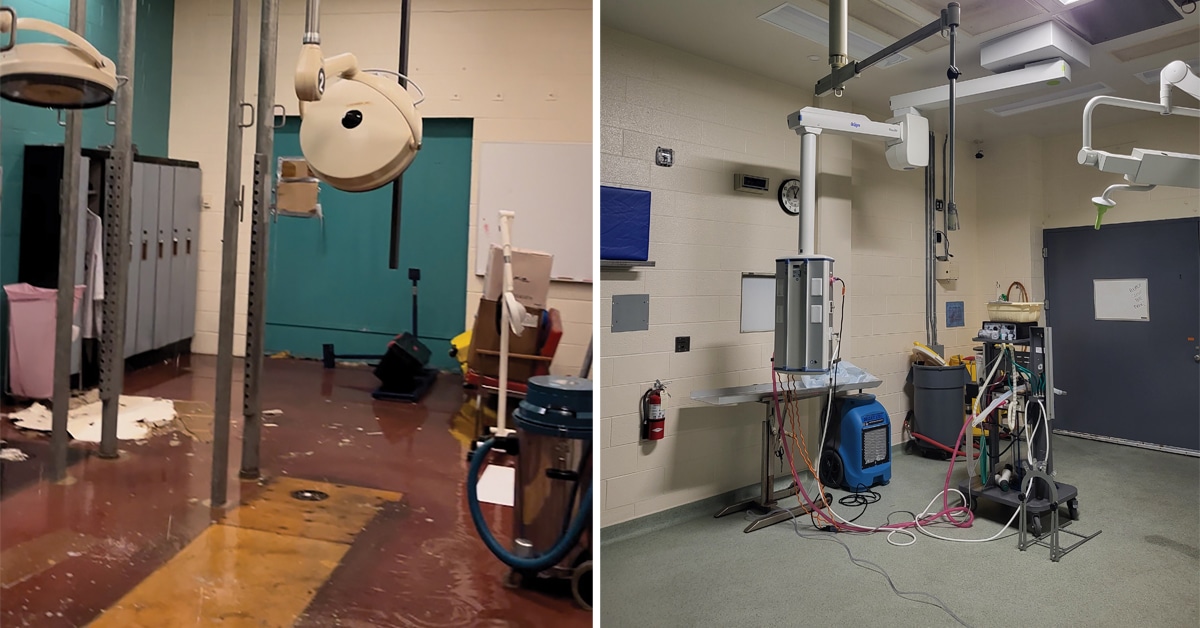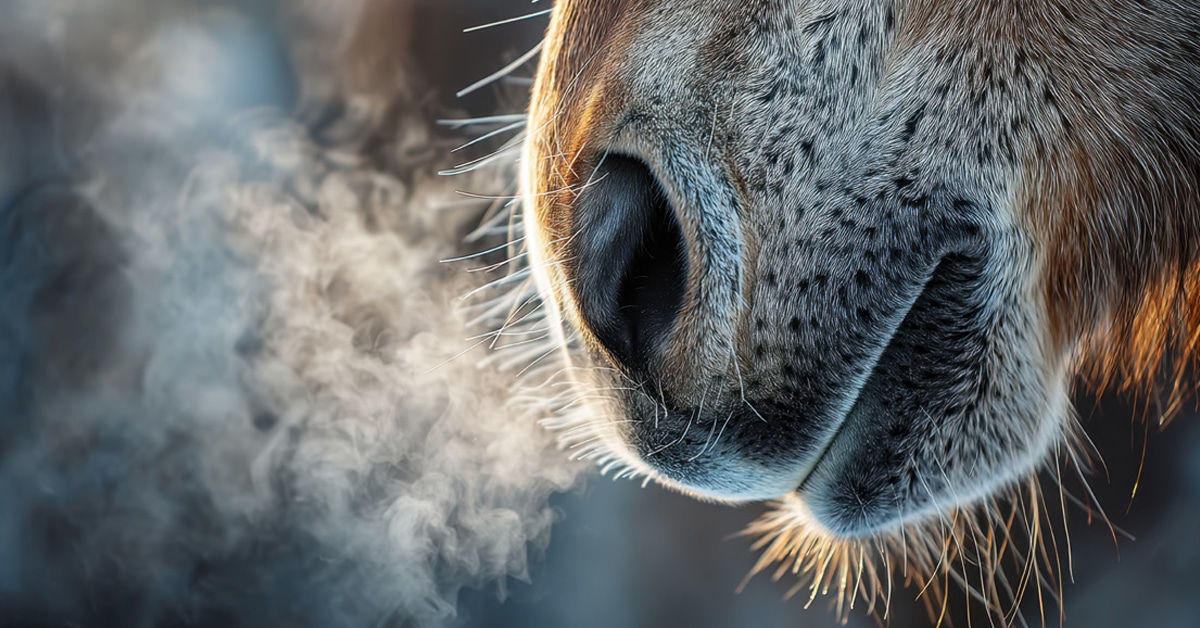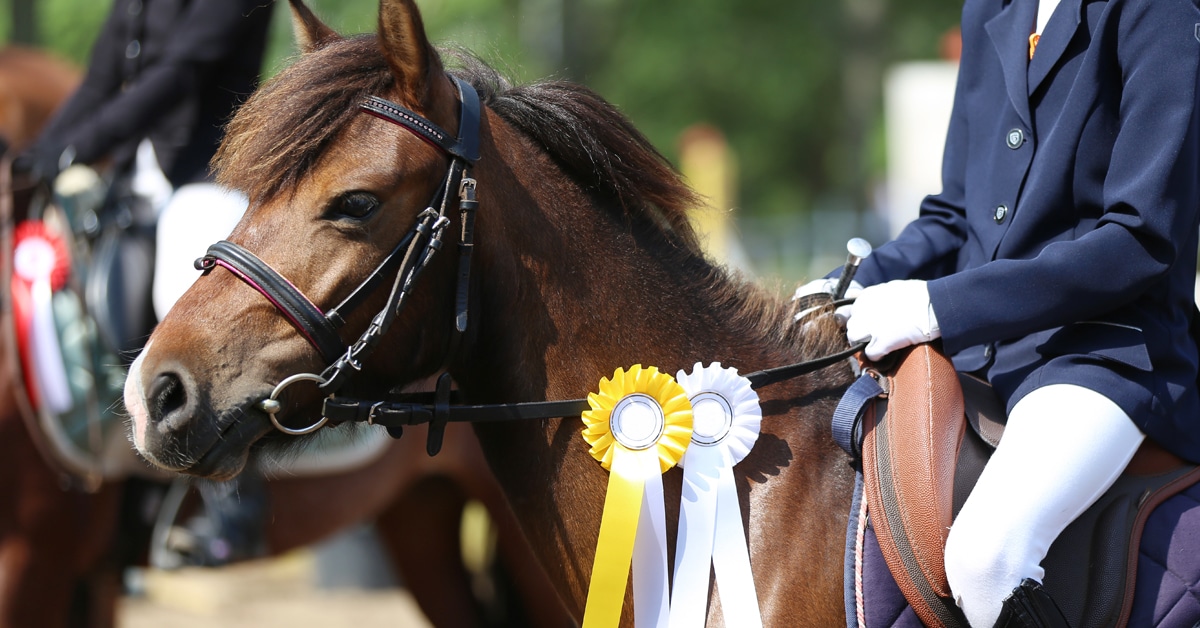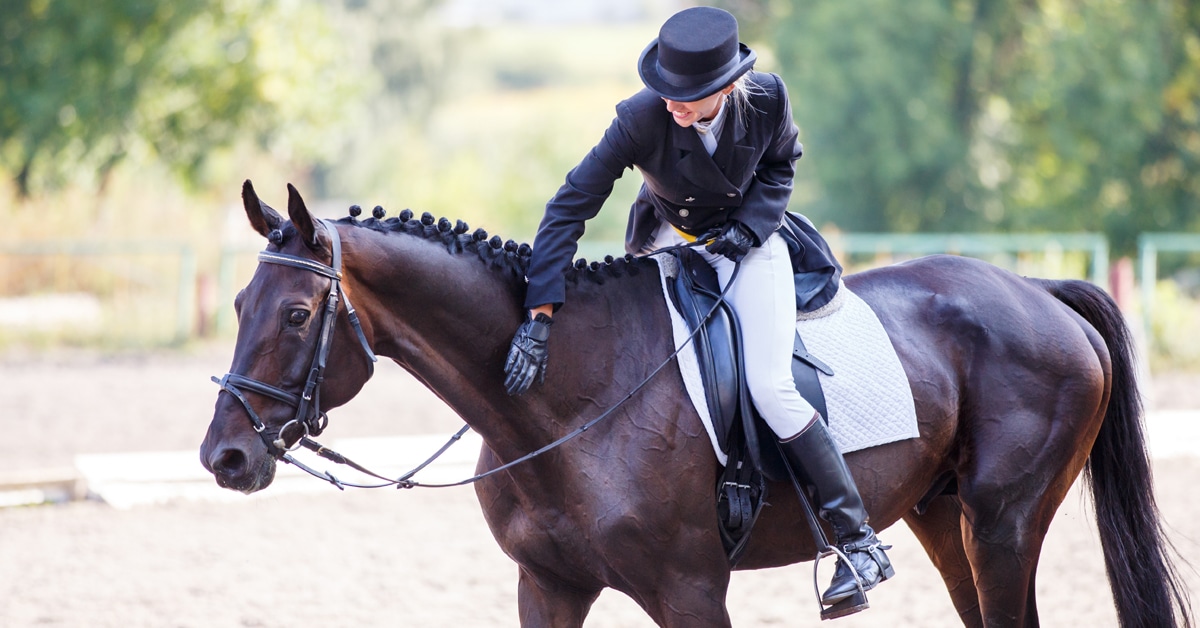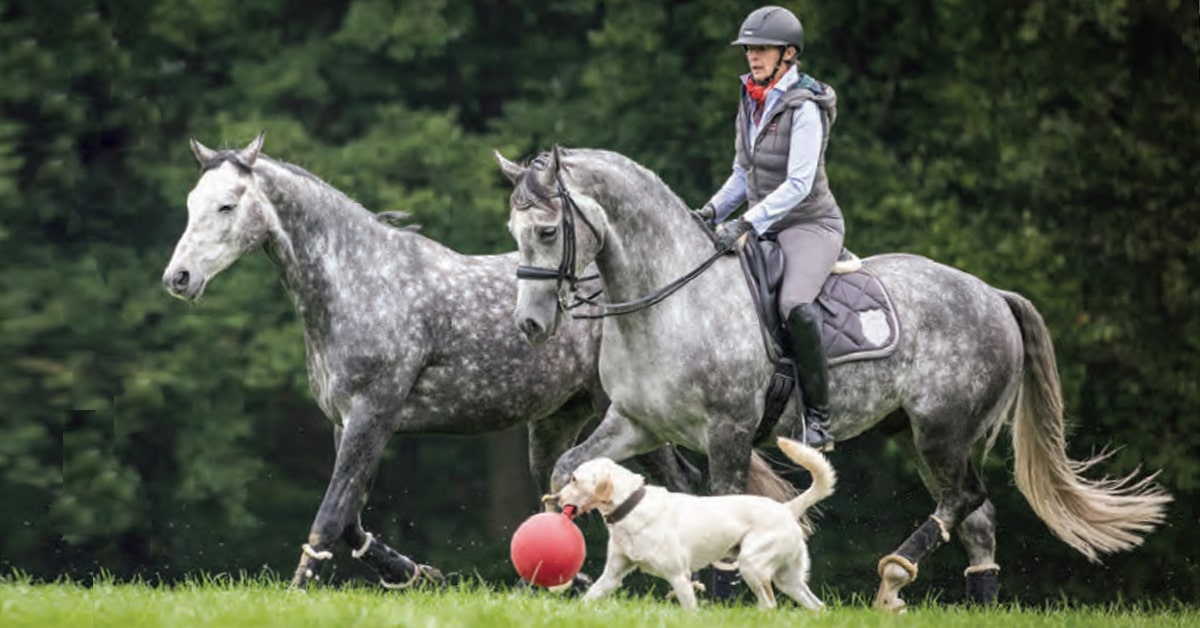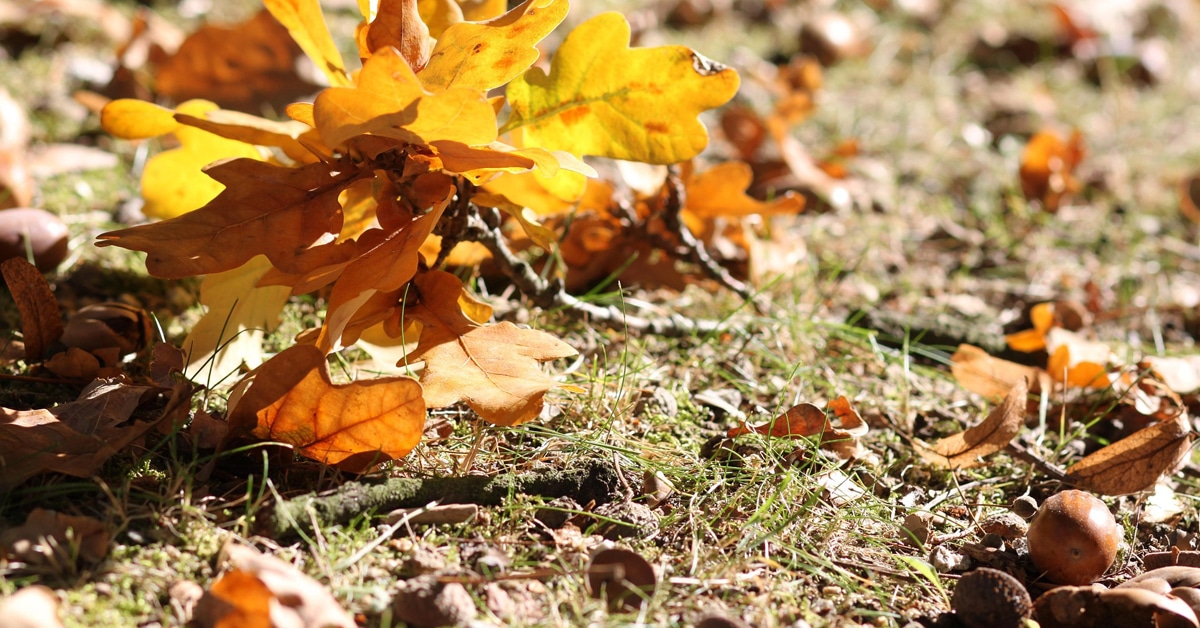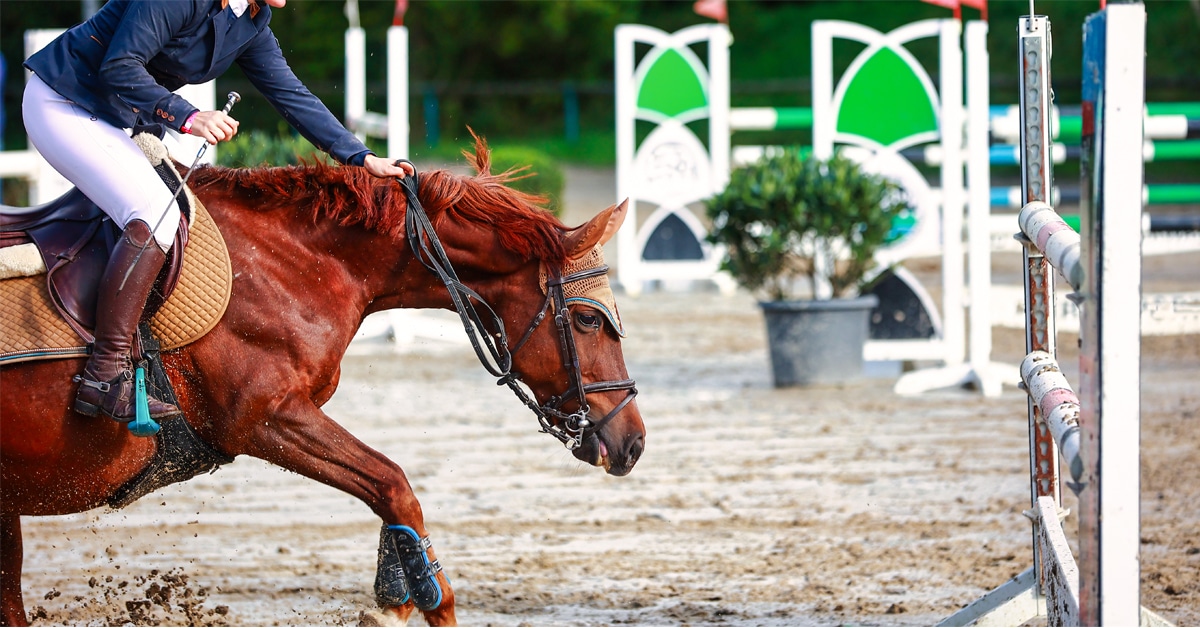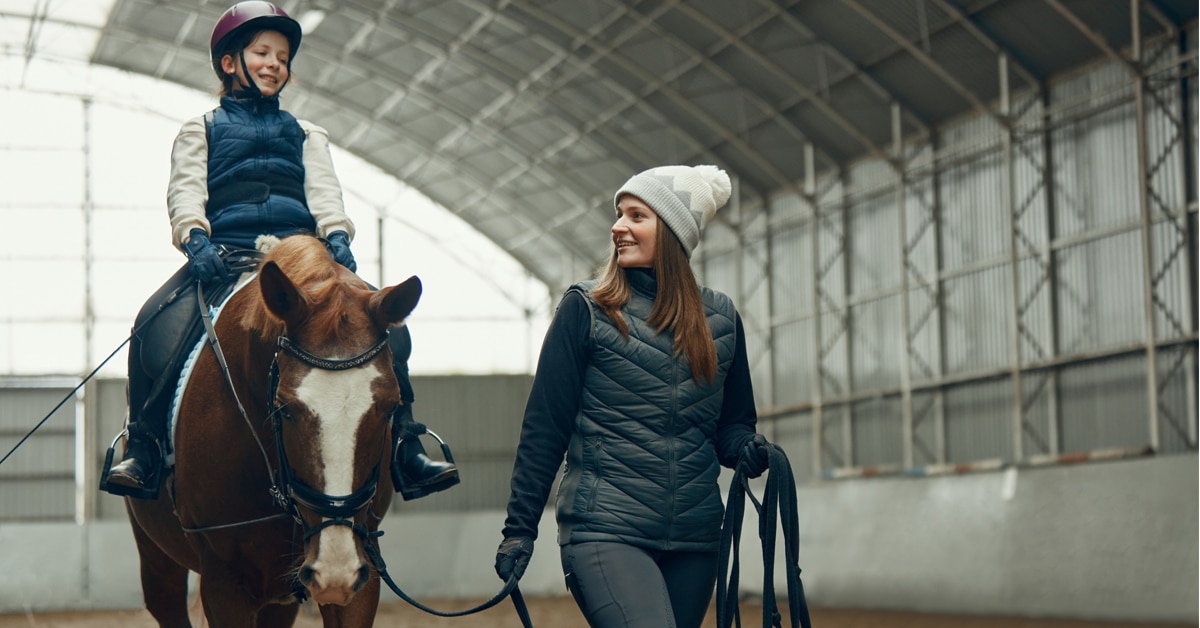Herning marks Eric Lamaze’s eighth World Championships, but the first time not in the saddle. The transition has been a tough one for the born competitor who was forced to retire from competition earlier this year due to health issues.
“It was hard,” he said of his personal experience in Herning. “It’s one thing when you yourself decide, it’s another thing when it’s decided for you.”
He now directs that considerable energy and drive into being chef d’équipe for Canada’s show jumping team.
“I’m an overachiever and I’m an over-demander. I’m like that in my riding. I’m like that in my teaching. I’m like that in life,” he says of his approach to his new role. “We come from Mark [Laskin], who was laid back. He never really said much about anything. We kind of went from one show to another without saying anything. I’m not like that. I call it like it is.”
Eric hosted the team at his Torrey Pines farm in Belgium for two weeks of training camp before the competition in Herning. Riders spent their time at the camp talking and bonding while discussing their horses and themselves and jumping courses designed by Michel Vaillancourt.
“My job is to teach them to be better riders, to be prepared for the moment. To make them see everything they are going to see so there is no surprise when you get here,” he said of his part in preparing them for the World Championships.
“Boy did we ever step-up our game. It was fantastic. Every rider raised their riding by 60% I would say,” he said of how the camp impacted the riders’ performance. “It was absolutely real and the performances that you saw the second day [first team round in Herning] was just a bunch of robots that just rode out of this world. They out rode everybody. I did not see see four beautiful rounds like I witnessed that day like I saw from those women. To be in a Championship the first time without me or Ian being in it, the task was hard.”
He was less complimentary about Canada’s performance in the team final. Some found the frank remarks a refreshing change from pat quotes about personal achievements, but others questioned the value of such publicly harsh criticism of Canadian riders. Whatever your perspective, they accurately reflect the flip side of the coin of a passionate individual who is also fiercely competitive.
“I treated them like gold the second day. I’ve never seen such performance four in a row. I still praise them. It’s not because they missed [the team final] that they aren’t wonderful riders,” he said of his comments. “Don’t get me wrong, the attack wasn’t an attack. It was a statement of the night as I explained it. This doesn’t make them less of a good rider today than it did the day they rode well. It was a statement on what happened [then]. I’m very honest. I call it like it is. I didn’t pick on one person, and at the end if you read it, well I blamed myself. At the end, I don’t want any of these women to blame anybody else but themselves. It’s very important to take your own responsibility. [The] winning part of it and the losing part of it.”
The team came into the final in eighth place, and had they moved up into sixth place would have earned Canada a team spot at the 2024 Paris Olympics.
“I believe that we watched 20 horses individually compete and they were a mess. They crashed. They didn’t finish,” commented Eric on the competition which was held at 9:30 pm and started with 27 individuals who produced most of the weakest rounds of the evening before moving to the team competition. “When you ride, it alerts you. When you are ready and about to ride and you watch twenty people not getting through this, it’s going to have some effect on you. That you admit it or not, it will.
“I think that we attacked the course a little too hard, rather than everybody staying smooth, relaxed, let the horses jump and ride your round. You can’t ride aggressively with these courses. They are [built with] light material. You have to ride with your head. Every jump that should be easy to jump for your horse, you should make it easy and save the energy for the big one. But if you are making your horse work at the easy fence, you have no chance for the big one. That’s how I judge a good round. We missed on that last night, honestly.”
In a world that is used to politically correct statements, Canadian riders and fans can look forward to honest commentary from jumping’s new chef, who has the highest expectations
“Tenth is good in a sense to make the second round for Canada, but it’s not good enough,” he concluded. “We had a chance to grab this and take it forward and for whatever reason we backed into it. And that reason will be studied and looked at and rectified. I don’t blame anybody, or attack anybody, or think less of anybody. I’m stating the fact of the night and with me, you will always get it straight.”
The Latest
